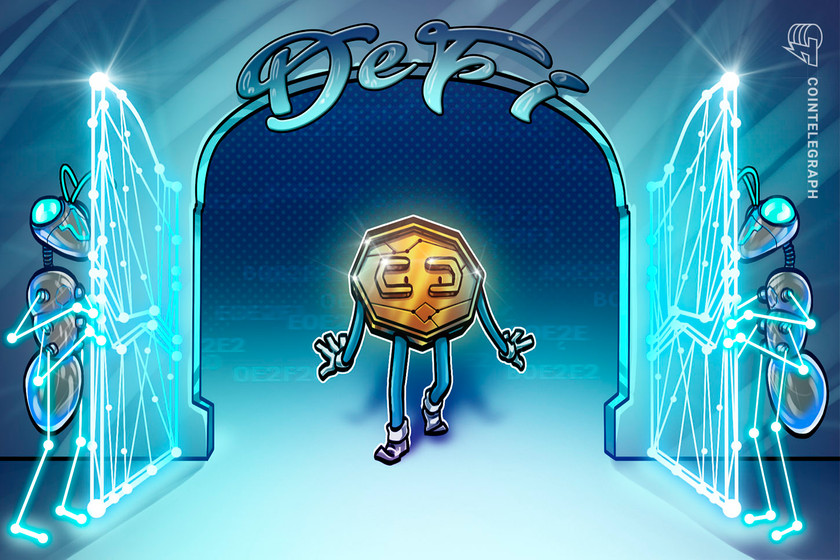As decentralized finance continues its victorious march — although the road is sometimes bumpy — some significant questions on its nature remain. How can DeFi applications be protected from becoming nonoperational under extreme stress? Is it really decentralized if some individuals have way more governance tokens than others? Does the anonymous culture compromise its transparency?
A recent report from the EU Blockchain Observatory and Forum elaborates on these questions and many others around DeFi. It contains eight sections and covers a range of topics, from the fundamental definition of DeFi to its technical, financial and procedural risks. Conducted by an international team of researchers, the report formulates some important conclusions that will hopefully make their way to the eyes and ears of legislators.
The researchers highlight DeFi’s potential to increase the security, efficiency, transparency, accessibility, openness and interoperability of financial services in comparison with the traditional financial system, and they suggest a new approach toward regulation — one that is based on the activity of separate actors rather than their shared technical status. The report states:
“As with any regulation, measures should be fair, efficient, effective and enforceable. A combination of self-regulation and supervisory enforced regulation will gradually give rise to a more regulated DeFi 2.0 emerging from the current nascent DeFi 1.0 ecosystem.”
Cointelegraph spoke with one of the report’s authors, Lambis Dionysopoulos — a researcher at the University of Nicosia and a member of the EU Blockchain Observatory and Forum — to learn more about the most intriguing parts of the document.
Cointelegraph: How should regulators approach information asymmetry between professionals and retail users?
Lambis Dionysopoulos: I would argue that regulatory intervention is not needed for that. Blockchain is a unique technology in the level of transparency and intricacy of information it can provide to anyone at no cost. The trade-offs for achieving that level of transparency are often significant to the extent that decentralized blockchains are often criticized as inefficient or redundant. However, this is necessary for providing an alternative to the existing financial system, whose opaqueness is the root of many evils.
In traditional finance, this opaqueness is given. The everyday saver, charity donor or voter has no way to know if their funds are…
Click Here to Read the Full Original Article at Cointelegraph.com News…
























